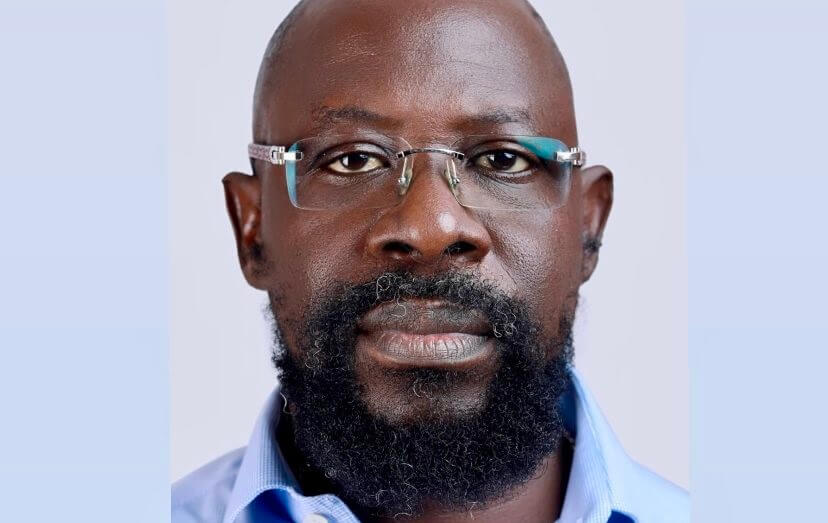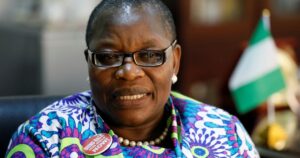The Human Rights Writers Association of Nigeria (HURIWA) has strongly criticized the recent court order directing the seizure of Dele Farotimi’s book, Nigeria and its Criminal Justice System, describing it as a stark example of anti-intellectualism and a setback for democratic ideals.
HURIWA also condemned a warning issued to bookstores by Afe Babalola’s law firm, stating that such actions are unconstitutional and infringe on the fundamental rights of individuals and businesses.
The court order, which mandates the confiscation of Farotimi’s book, was likened by HURIWA to medieval practices that suppress intellectual freedom.
“This order is anachronistic and reminiscent of actions nearly a thousand years ago, where books deemed contrary to certain interests were destroyed. Such measures have no place in a modern democracy,” the group stated.
HURIWA particularly criticized the warning to bookstores, asserting that it is unconstitutional to hinder legitimate book sales, especially when those bookstores were neither parties to the legal suit nor given a fair hearing, as required by Section 36(5) of the Nigerian Constitution.
“The blanket warning to bookshops not to stock or sell the book, despite their lack of involvement in the suit, constitutes a gross violation of their rights. This effectively punishes entities that have not been accused or convicted of any wrongdoing, setting a dangerous precedent for freedom of commerce and expression,” the organization stated.
Rather than resorting to judicial actions that stifle free thought, HURIWA challenged the lawyer who sought the court order to adopt a more constructive approach by writing a counter-book to refute the allegedly defamatory claims made by Farotimi.
“The most effective response to ideas, whether agreeable or not, is to present superior arguments and evidence. Intellectual battles should be fought with reason, not repression,” HURIWA argued.
The organization also warned that such court actions could inadvertently encourage piracy and underground trading of the book, threatening intellectual property rights and the publishing industry.
Encouraging robust debate, HURIWA emphasized the importance of allowing controversial works to spark dialogue, asserting that such discussions help societies evolve and grow.
“Books, irrespective of their content, serve as mirrors of society. They reflect our strengths, weaknesses, and aspirations. Attempting to erase such reflections is not only futile but also detrimental to our collective progress as a nation,” the group added.
HURIWA called on the judiciary to exercise caution when issuing orders with far-reaching implications for fundamental freedoms. The organization also urged the Nigerian Bar Association and other stakeholders to advocate for a system that prioritizes intellectual engagement over censorship.
In its statement, HURIWA reminded Nigerians of the historical dangers of suppressing ideas:
“From the Crusades to the authoritarian regimes of the 20th century, history is replete with examples of how suppressing books and ideas fuels resentment and undermines progress. Nigeria must learn from the past and embrace intellectual freedom and robust debate to build a society where justice and knowledge thrive.”
As the controversy surrounding the court order and warnings to bookstores continues to unfold, HURIWA’s stance highlights the urgent need to protect intellectual freedom and constitutional rights in Nigeria.










More Stories
Niger Govt confirms 151 dead bodies recovered after torrential rain swept away 265 houses
Menstrual Hygiene Day: CEE-HOPE tasks FG on free sanitary pads to correctional centres, IDP camps, public schools
Police repel herdsmen attack on students writing WAEC in Benue